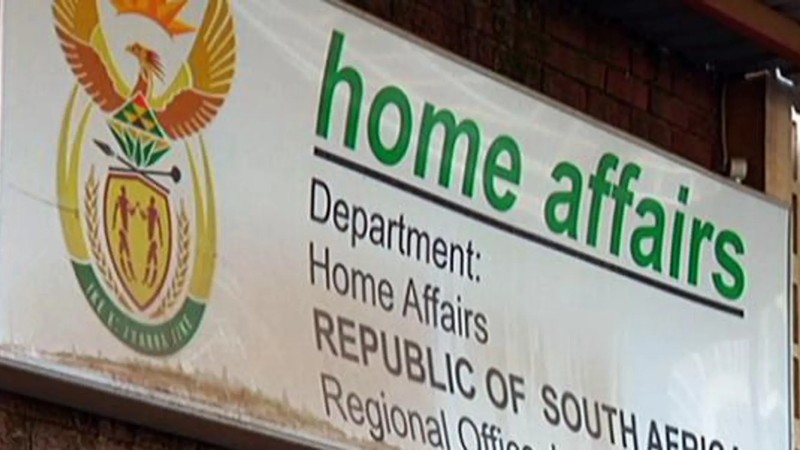How a mistaken death certificate caused turmoil for a correctional services officer
A shared identity number with a man who had meanwhile died caused a correctional services officer a multitude of problems – not only was his salary stopped because he was presumed dead, but he also felt that he was perceived as being a fraud.
Madimetja Johannes Ledwaba (plaintiff) as a result instituted a damages claim against home affairs for defamation. He told the Limpopo High Court, sitting in Polokwane, that the department spread the word about his “death” to other entities, such as to the National Treasury and to his work.
The department, on the other hand, said it has a legal duty to report a death to the other authorities.
Ledwaba, who works for correctional services in Polokwane, was not paid his monthly salary in June 2010. Upon enquiry, it was discovered that a death certificate had been issued by the department.
The certificate incorrectly certified that Madimetja Johannes Ledwaba had died in Johannesburg due to natural causes. Ledwaba went to the department’s office for the death certificate to be cancelled.
He was told to re-apply for a new identity document, which he did, but he remained certified as deceased.
Ledwaba complained to the court that the publication that he is deceased was wrongful and defamatory. According to him it was understood to convey that he was a fraud or is dishonest or that he assumed another person’s identity.
He explained that by being declared dead, he could not pay his accounts, his investments and policies were stopped and his name submitted to the credit bureau as a defaulter by creditors.
Home Affairs in turn explained that whenever a death is reported, officials will enter the identity number of the deceased into their system and issue a death certificate. When in this case the death was reported, the identity number matched that of the plaintiff.
It emerged that the plaintiff had the same identity number as Madimetja Josias Ledwaba, the person who had actually died.
It also emerged that Ledwaba was years ago allocated the same identity number as Madimetja Josias Ledwaba, but that the two thumb prints differed.
In a bid to rectify matters, he later applied for a name change on the identity number allocated to Madimetja Josias Ledwaba to change the name to Madimetja Johannes Ledwaba. This, it is said, was done despite having had knowledge that the identity number was allocated to Madimetja Josias Ledwaba and not to him.
Thus, when the latter Ledwaba died, it was recorded that the plaintiff had died.
The department meanwhile told the court that its actions in declaring him dead was reasonable if regard is had how the plaintiff acted from the time it was brought to his attention that his identity number had been duplicated with that of Mametja Josias Ledwaba.
Judge Gerrit Muller, in turning down the plaintiff’s claim for defamation, commented that it is common cause that the department in the normal course of business notified National Treasury of all deaths being registered in the Republic.
Such notification included a notice that the plaintiff had passed away as stated in the death certificate. National Treasury froze the salary of the plaintiff, and similarly notified correctional services who in turn notified the human resources section.
The judge said that the department, in the ordinary course of business, reports all deaths registered throughout the Republic to the National Treasury. This is to detect if recipients of state grants and government employees are deceased to prevent payment of grants and salaries to deceased persons.
Thus, the judge said, the department did not spread a false rumour in a bid to defame Ledwaba.

